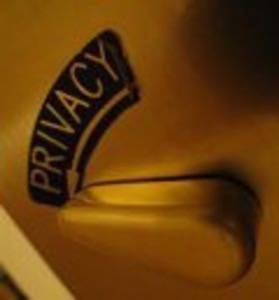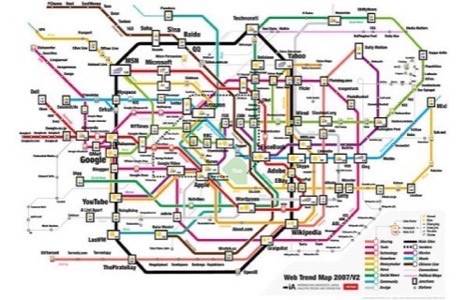Over-reaction is endemic to discussions of the Web. Over-enthusiastic proponents – Millennialists – seem to be convinced that every burp in online tech, every new tool, every momentary trend, every relocation of a dialog box on a popular site, hails the onset of a Brave New World. On the other side, Professional Doomsayers play the part of sweaty Cassandras, scritching manically at their bespoke hairshirts, bravely warning the hoi polloi of the certainty of their bleak oblivion.

This time around, what with the wholesale collapse of the Web on everyone’s lips, let’s take a look at the latter. Let us, with grave mien and bowed head, earnestly regard those things Webesque which have been proclaimed “dead” in the last few of years and shuffled, permanently, off the e-mortal coil. Harden your hearts and sharpen your stakes. We could be here a while.
The latest technological obituary comes courtesy of Wired. It’s the Web itself. The whole web. The reason? Order. Siloed networks like Facebook and brand-specific tools like iPhone apps are gaining more and more ground. At the same time, platform-agnostic tools like blogs dwindle. So, let’s bid a fond adieu to the woolly frontier of the wide-open Web and get ready for a charming, cultivated garden, I mean, an autocratic Prussian labor camp.

Mark Zuckerberg, CEO of Facebook (re. above, “Web”), declared privacy dead earlier this year. Coincidentally, Mark just so happened to be the funeral director. Privacy dying would make Facebook’s relentless Jerry Ford-like series of stumbles a clever, far-seeing strategy instead of an atomic cock-up. Unfortunately, privacy’s personalnurses were clustered around him and managed to slap on the shock paddles until he was on his feet again.

This one has died a couple times. Last year, Tech Crunch declared Web 2.0 (also known as the social web, the read/write web, the live web, the webbity-web-web web) dead. The term anyway. That’s a fire that seemed to leap back up a bit with the advent of talk about Web 3.0 (or the semantic web). It’s a phrase that may not be used actively by many in the industry, but it describes a moment in the development of the Web and I’d be surprised if it ever really goes away. Four years before the TC post, ZDNet proclaimed Web 2.0 so dead it never actually existed in the first place. (I wonder if these folks ever feel like the guy with the sign proclaiming “The End is Nigh!”)

Russell Beattie of Mowser (formerly Yahoo) declared the mobile Web as a whole was done for. Michael Mace declared that making native apps for mobile was a dying undertaking. But the mobile web’s growth has since been described as “explosive.” And mobile apps are arguably the single largest growth area in the Internet.

Don’t. Just don’t.

















